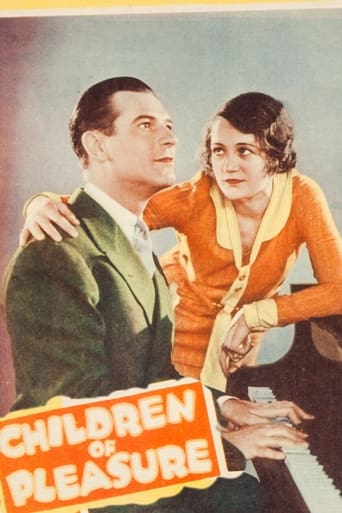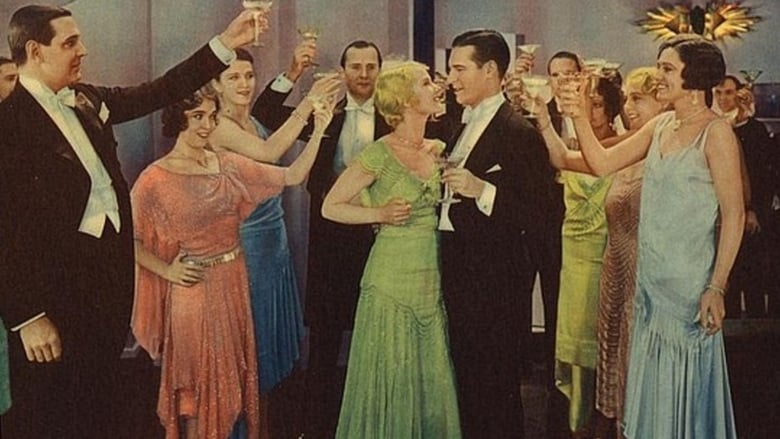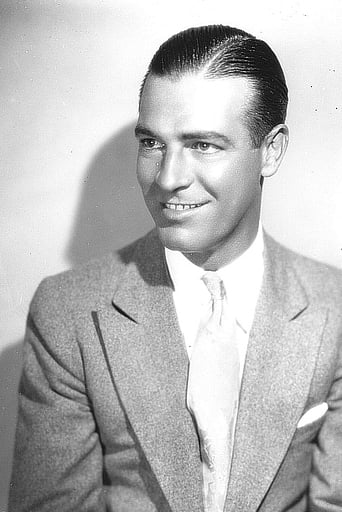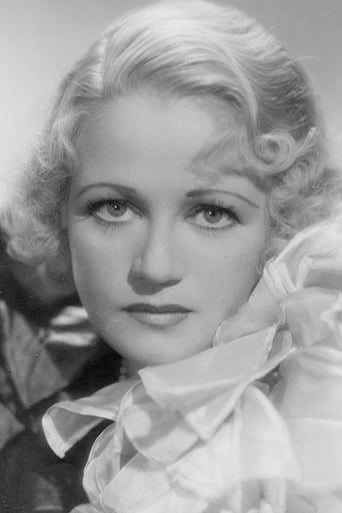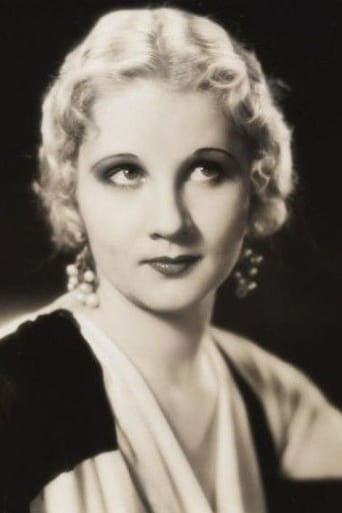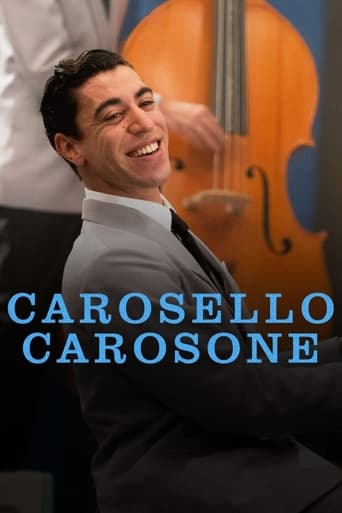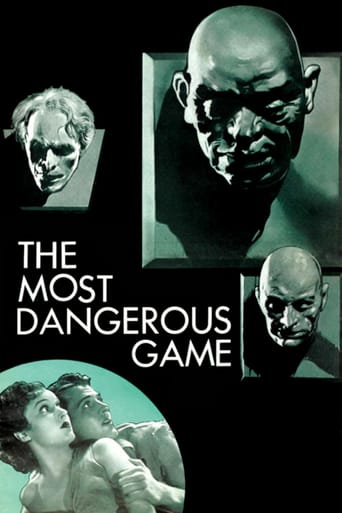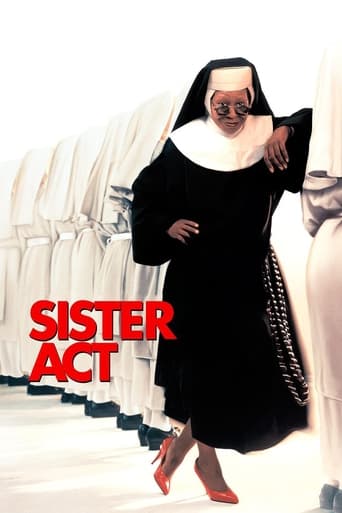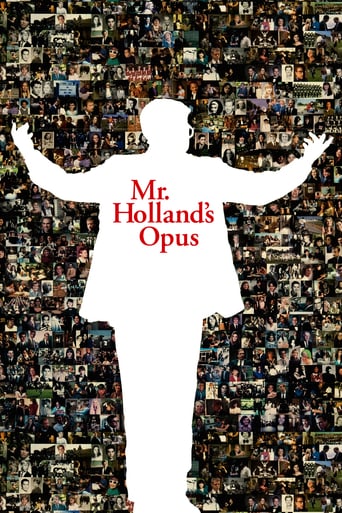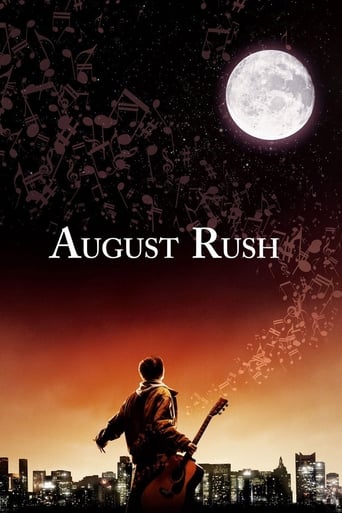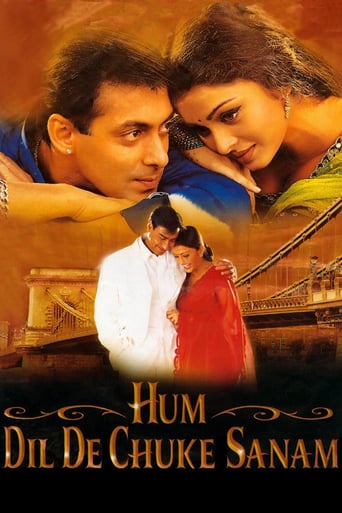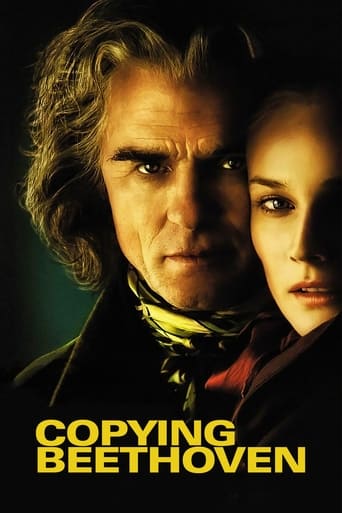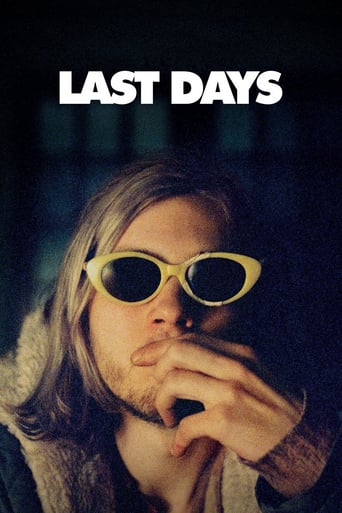Children of Pleasure (1930)
A successful songwriter, dazzled by high society, falls for a society girl who is just playing around.
Watch Trailer
Free Trial Channels
Cast


Similar titles
Reviews
hyped garbage
The movie is made so realistic it has a lot of that WoW feeling at the right moments and never tooo over the top. the suspense is done so well and the emotion is felt. Very well put together with the music and all.
I think this is a new genre that they're all sort of working their way through it and haven't got all the kinks worked out yet but it's a genre that works for me.
There are moments in this movie where the great movie it could've been peek out... They're fleeting, here, but they're worth savoring, and they happen often enough to make it worth your while.
I guess making sure that lead Lawrence Gray had his origins in the Bronx instead of Manhattan's Lower East Side was MGM's way of making sure Irving Berlin did not sue them. He was a most litigious man you know.Gray is a Broadway composer of note who aspires to marry into high soceity. The object of his affection is Judith Wood, but he can't see for beans his assistant Wynne Gibson for once playing a good girl in a movie. I will say the usual ending is not what you will see.Gray was a singer who had a pleasant voice you will discover, but had no real screen presence. He appeared in a few early musicals, but his career ran out of gas. Wood has some real bite in her performance as the spoiled self indulgent society woman.Some nice production numbers of some forgettable songs are in Children Of Pleasure. A pre-Code production of limited appeal.
CHILDREN OF PLEASURE (Metro-Goldwyn-Mayer, 1930), directed by Harry Beaumont, is only a title that has no bearing on the story. The film has no children yet the title makes one believe it to be one about a childless couple who take in foster kids to bring joy and happiness in their lives. Nothing like that here, not even a song bearing that title to end the story. The film overall, taken from a play "The Song Writer" by Crane Wilbur, (also credited for dialogue), as scripted by Richard Schayer, is a musical about a fictitional songwriter. Following the formula pattern of screen musicals that have become the rage during the motion picture transition from silent to talkies, Beaumont, the director responsible for MGM's first musical and Academy Award winner, "The Broadway Melody" (1929) gives it another try placing the dark-haired, smiley-faced Lawrence Gray, Helen Johnson and Wynne Gibson in the leads rather than reuniting its "Broadway Melody" trio of Charles King, Anita Page and Bessie Love. While "The Broadway Melody" proved beneficial for the studio, with countless imitations that followed during the 1929-30 season, CHILDREN OF PLEASURE is simply one of minor importance.As with "Broadway Melody," the plot is set mostly in the Broadway district of Manhattan where Danny Regan (Lawrence Gray), a young composer from the Bronx, coming to see and hear the songs he's written for stage performances at a local theater starring his friends, Fanny Kaye (May Boley), the featured singer (with four ex-husbands), and her partner, Andy Little, nee Levine (Benny Rubin) at the piano. During the show, Danny, who's in a relationship with Emma Gray (Wynne Gibson), secretary to song publisher Bernie (Lee Kohlmar), becomes infatuated with a beautiful blonde patron (Helen Johnson) seated next to him. He continues to give her the eye after she leaves. Danny notices the same blonde once again while attending another show featuring his melodies, this time meeting and making the acquaintance with heiress Patricia Thayer. Even though Patricia has been engaged "a dozen times" to Robert Peck (Kenneth Thomson), and not really in Danny's social class, she agrees to marry him as an experiment rather than for love, with intentions of divorce once she becomes bored with him. After Danny overhears her intentions conversed with Peck the day of their wedding, he tells her off and leaves, to become a hopeless drunk. As Emma tries to help Danny through his troubles, and Patricia wanting to explain what he's overheard, it's Danny who really settles the score.On the musical program, songs include: "A Couple of Birds With the Same Thing in Mind" by Howard Johnson, George Ward and Reggie Montgomery (sung by May Boley, tap dance by male ensemble in black-face); "Raisin' the Dust" (sung by Lawrence Gray); Raisin' the Dust" (reprise, production number performed by May Boley and ensemble in devil costumes, one being future film actress Ann Dvorak); "Girl Trouble" by Andy Rice and Fred Fisher (sung by Gray, comic act performance by Benny Rubin and Wynne Gibson); " As I See You" "Leave It That Way" and "A While Darn Thing For You" (all sung by Gray, the latter accompanied by The Rounders). Of the songs, the last two are easily the best, while the initial two are given okay production number treatment choreographed by Sammy Lee.While the pattern of entertainer/composer forsaking good girl for the love of the wrong one can easily be traced to recent musicals, notable exceptions being THE SINGING FOOL (1928) with Al Jolson; THE DANCE OF LIFE (1929) with Hal Skelly; and PUTTIN' ON THE RITZ (1930) with Harry Richman, CHILDREN OF PLEASURE, which should have been titled "Girl Trouble," very much belongs to the now forgotten Lawrence Gray. Aside from being in films since the silent era, and quite an acceptable singer, his career would fade to obscurity by the mid 1930s, never making the grade in popular singer category as popular singer as Al Jolson, Bing Crosby or Frank Sinatra. Wynne Gibson, shortly before developing her craft as a "tough fame" over at Paramount and RKO Radio, is agreeable in the good girl role, while Helen Johnson (who later changed her name to Judith Wood), could physically be the equivalent to Josephine Dunn's performance in Jolson's THE SINGING FOOL, though Lawrence Gray doesn't end up singing a sad song like "Sonny Boy" to drown out his sorrows.As much as CHILDREN OF PLEASURE lacks top names of real interest, then and now, film buffs should take great interest in spotting Jack Benny, future radio and TV comedian, and Cliff Edwards, in separate cameo roles playing themselves. Benny Rubin and May Boley as the secondary couple, offer comedy support through verbal exchanges reflecting more like vaudeville routines than natural flare of speaking, while Lee Kohlmar's Jewish dialect with Woody Woodpecker sounding laugh for stereotypical humor is definitely a reflection of the times way back when.Though far from being a classic in any sense, CHILDREN OF PLEASURE should score well for those interested in the history and development of early screen musicals such as this. Seldom revived, even on Turner Classic Movies cable channel, don't expect finding any children in this one, only Lawrence Gray the composer who writes the songs. (**)
This is a diagetic musical. "Diagetic" refers to sounds or music that has a source on the screen; when Gene Kelly starts dancing in his music and the music comes out of nowhere, that is not diagetic. In this one, about songwriter Lawrence Gray, who loves Judith Woods and is loved by Wynne Gibson, Gray sits at a piano or we see a stage in a theater. Everything is "realer". Is it better? Well, my taste runs towards the MGM musicals of the Freed era, which were not like this.Still, this is a fine early musical, eked out with the production values that MGM put into its musicals in those days, with great if stagy choreography by Sammy Lee and big production numbers, all under the direction of the underrated Harry Beaumont. He could get great performances out of mediocre actors and Wynne Gibson is a ball of fire in this one: a revelation that makes you realize that she was reined in and misused at Warner Brother.The technical people haven't solved all the technical problems of dealing with sound. The staged musical numbers sound thin in the higher register and the camera is almost entire immobile. Still, the editing under Blanche Sewell deals nicely with the issues; the songs offered are pretty good; and the parade of cameos is interesting.
Released in 1930--soon after the advent of talkies--"Children of Pleasure" must have been one of the earliest musicals. But it is not a musical as we know them now, where characters break out in song to express their emotions. Reveling in the possibilities of sound, the talkies were often stories about stage productions or nightclub venues, allowing production numbers, which pretty much stop the storyline. This film has those staged numbers, but since the main character, Danny Regan (Lawrence Gray) is a songwriter, and a guy who communicates better with his girlfriend when he sings to her, various songs become expressions of his love.The object of his affection is Patricia Thayer (Judith Wood), a socialite backed by family money. She uses and throws away boyfriends like chewing gum. When Emma (Wynne Gibson), Danny's friend and coworker sees him falling for Pat, she is concerned for him, but wants him to be happy. Pat eventually agrees to marry Danny. On the night of the wedding rehearsal, Danny overhears something that makes him second guess his decision to marry Pat. The sound quality of the film is sometimes fuzzy, sometimes excellent--what you might expect of a film from 1930. The storyline is fairly good until the ending, when instead of showing us what transpires, the film has a character tell us what happened. This also results in a jarring close to the film. The musical (and dance) numbers are typical for the era. Lots of "gee whiz" lyrics and shuffling. But the songs are not bad. One song Danny sings, titled "The Whole Darn Thing's For You" is charming.The entire cast feels like it was picked right out of vaudeville and the borscht circuit. So some of the humor is clever, some feels amateurish by today's standards. But I liked most of the characters. I particularly liked the acting/singing/comedy of Wynne Gibson.

